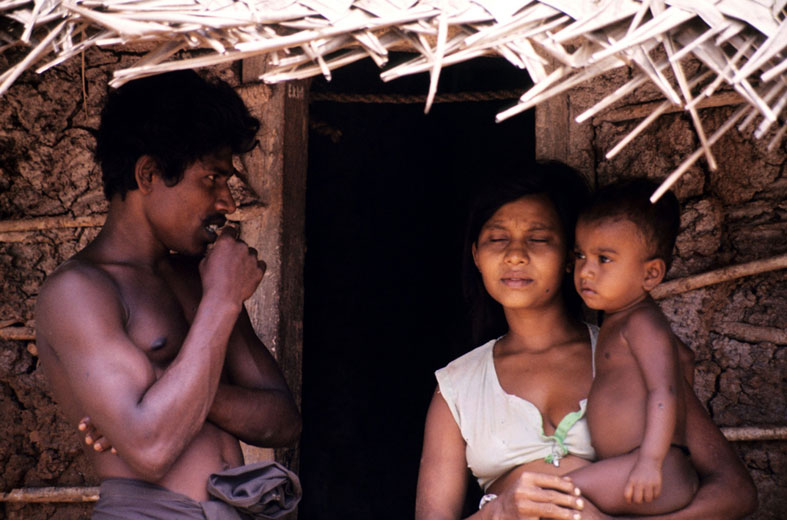
Sri Lanka has moved out of the countries eligible for financing from the International Monetary Fund's poverty reduction and growth facility with greater access to capital markets and higher incomes, the Central Bank said.
"Accordingly, Sri Lanka will now be recognised as a country with a middle income emerging market status," the Central Bank said in a statement.
"This upgrade would facilitate Sri Lanka to project itself strongly in international financial and capital markets."
The Central Bank said the IMF has moved Sri Lanka out of the list of countries from the list of countries that comes under the poverty reduction growth facility trust.
Central Bank said a country graduates out of the list only after showing per capita income above the World Bank's International Development Association (IDA) threshold for a several years, has substantial and durable access to international capital markets and do not face serious short-term vulnerabilities.
The full statement is reproduced below:
The International Monetary Fund (IMF) has, on 11 January 2010 graduated Sri Lanka from the list of Poverty Reduction and Growth Trust (PRGT) eligible countries.
Accordingly, Sri Lanka will now be recognised as a country with a middle income emerging market status. This upgrade would facilitate Sri Lanka to project itself strongly in international financial and capital markets.
A country graduates from PRGT only if it, (i) has enjoyed income per capita well above the International Development Association (IDA) threshold for a number of years, (ii) has the capacity for durable and substantial access to international financial markets, and (iii) does not face serious short-term vulnerabilities.
The Executive Board of the IMF has taken into account the following specific factors in considering of Sri Lanka’s graduation.
i. The strong economic performance in recent years that has substantially lifted Sri Lanka’s per capita Gross Domestic Product (GDP) to US dollars 2,014 by 2008, well above the prevailing IDA threshold, and its per capita Gross National Income (GNI) has not been on a declining trend for the last 5 years. The strong growth performance has signalled substantial resilience to shocks, including shocks to oil prices, and to the expiration of the Multi-Fibre Agreement.
ii. The availability of an IMF Stand-by Arrangement facility as approved in July 2009 to cushion the impact of the global crisis. Further, the economic developments under the programme have been stronger than expected, with GDP growth expected to return to almost pre-crisis levels in 2010, while exports have been showing signs of recovery.
iii. The country’s public external debt being projected to decline gradually over the medium term. Although debt dynamics remain sensitive to currency depreciation and export shocks, the timely implementation of fiscal consolidation, as envisaged in the Stand-by Arrangement programme, will be crucial to ensure that the public debt remains on a sustainable path.
iv. The country’s ability to access international capital markets in the past years and its ability to meet the market access criterion. Over-subscription of the recently issued five-year sovereign bond reflected the progress made under the Fund-supported program, and signalled good prospects for continued access to international capital markets.
© Lanka Business Online

















No comments:
Post a Comment